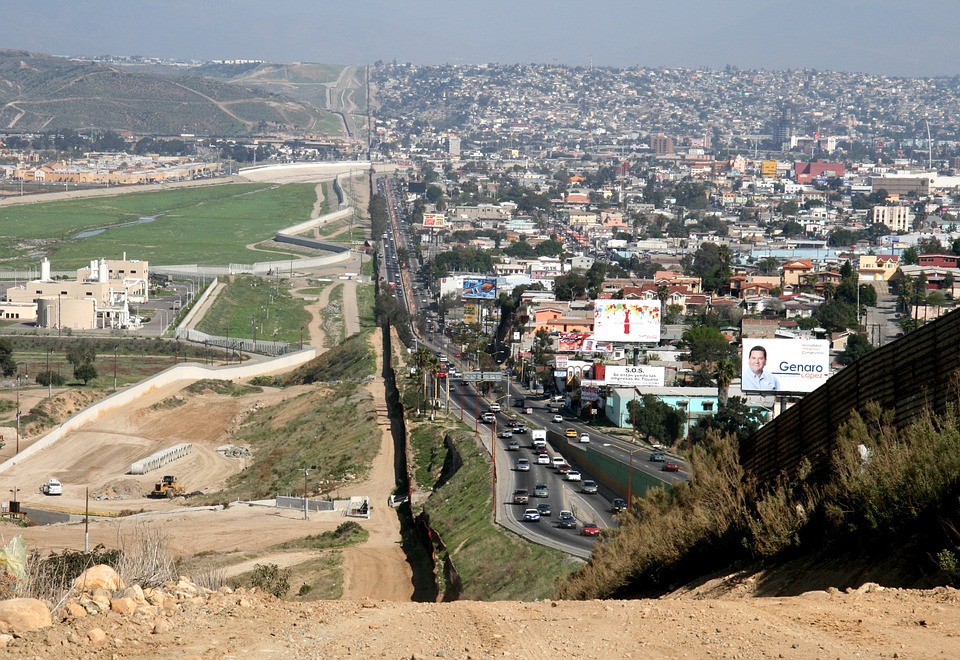Individuals are autonomous beings with rights that must be respected – by other individuals, and by government – regardless of religion, ethnicity, race, creed, or place of origin. We are each “endowed by our Creator” with the right to life, liberty, and the pursuit of happiness. For libertarians, immigration is thereby considered a net good. “Let us exult, not stifle, man’s mobility!” declared Leonard Read, recognizing the importance of free movement in a person’s quest to better his life – even if that means leaving his country of birth.
When Thomas Jefferson wrote the Declaration of Independence in 1776 – our Constitution’s philosophical antecedent – the issue of immigration was addressed even before that of “taxation without representation.” “He has endeavoured to prevent the Population of these States,” Jefferson wrote of King George III, “refusing to pass [laws] to encourage…. Migrations hither.” English kings had long feared anything rivaling their power, and large numbers of people immigrating to the American colonies threatened to raise up a population dwarfing that of the mother country. The Founding Fathers were pro-immigration.
However imperfectly, the Framers of the Constitution in 1789 would help create the most immigrant-friendly nation in the world. Restrictions on immigration were exceptional, and from the end of the Mexican War in 1848 all the way up to the 1920s there was no attempt to curtail movement across the southern border; military patrols sought rampaging Indians, not “illegals.” Those entering via Eastern ports only had to demonstrate that they weren’t suffering from some serious communicable disease, such as tuberculosis. The United States became a “beacon of freedom” in no small measure due to the ease with which people from elsewhere could come and make a life here.
































